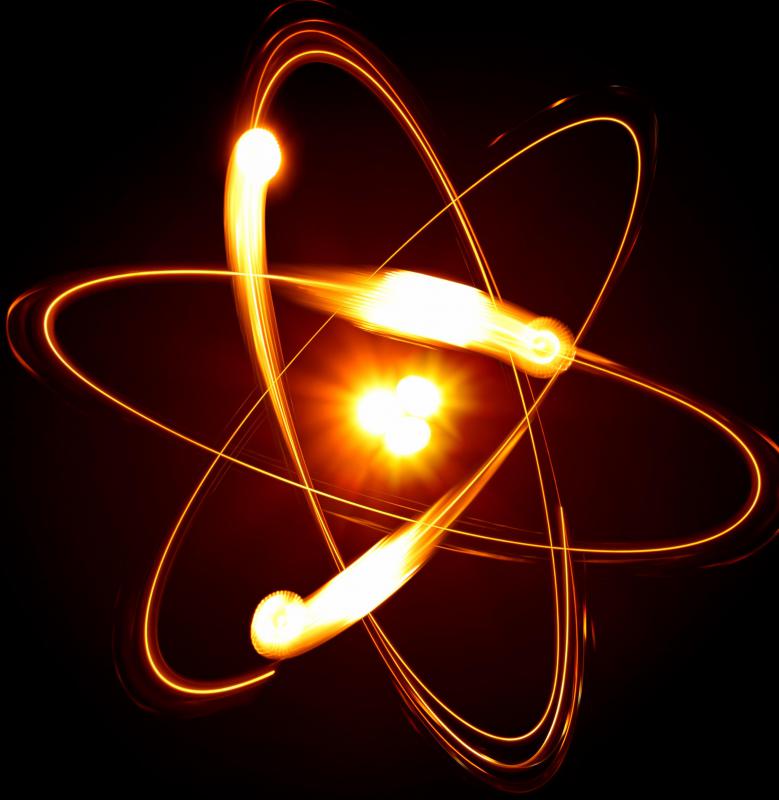At WiseGEEK, we're committed to delivering accurate, trustworthy information. Our expert-authored content is rigorously fact-checked and sourced from credible authorities. Discover how we uphold the highest standards in providing you with reliable knowledge.
What is a Neutron Detector?
A neutron detector is a specialized scientific instrument which is designed, as one might surmise from the name, to detect neutrons. Neutrons are subatomic particles which are of interest to people in a number of branches of physics, in addition to people working in various industries related to radioactive materials. There are a wide range of uses for neutron detectors, with such devices being found in physics labs all over the world in addition to other settings. As a general rule, an effective neutron detector is an extremely costly piece of equipment which is also very sensitive, requiring special care.
Detecting free neutrons can be rather challenging. They do not carry an electrical charge, which means that detection techniques used for other types of subatomic particles will not be effective at identifying neutrons. Neutrons are also, like other subatomic particles studied by scientific researchers, very small, which means that an extremely sensitive device must be used to track them down.

Many neutron detectors rely on a scintillation detector which responds to neutrons which enter the device. A scintillator is a material that absorbs energy and reemits it as light; when combined with a light sensor that absorbs the light and turns it into an electronic pulse, this reaction can be analyzed to reveal information about the original energy — in this case, the neutrons. It is also possible to use optical methods, and to use gas filled detectors. With a gas filled detector, the device does not detect the neutrons themselves, but rather the reactions they leave in their wake. In all cases, sophisticated software needs to be connected to the device to register and interpret results.

One of the most common applications of a neutron detector is in physics research. Physicists have a number of reasons to want to be able to detect neutrons, including the exploration of the physical properties of various elements and isotopes. Researchers can use neutron detection in combination with a wide variety of other techniques to gather data, conduct experiments, and test theories, contributing to the ever growing field of knowledge in physics.
Neutron detectors are also used in the management and control of nuclear reactors, which use controlled nuclear reactions for the purpose of generating energy. These devices are also utilized in settings in which people are concerned about radiation safety; researchers have even worked on developing a portable neutron detector which can be set up at borders to detect radioactive material being brought into the country. These devices are also used to study cosmic rays, a topic of intense interest among astrophysicists, in which case the neutron detector may be part of an array of sensors and detectors which intercepts information from space.
AS FEATURED ON:
AS FEATURED ON:












Discussion Comments
Can anyone please discuss how you actually would use a neutron detector? It sounds amazing, but I don't fully understand the process of how it works.
Post your comments